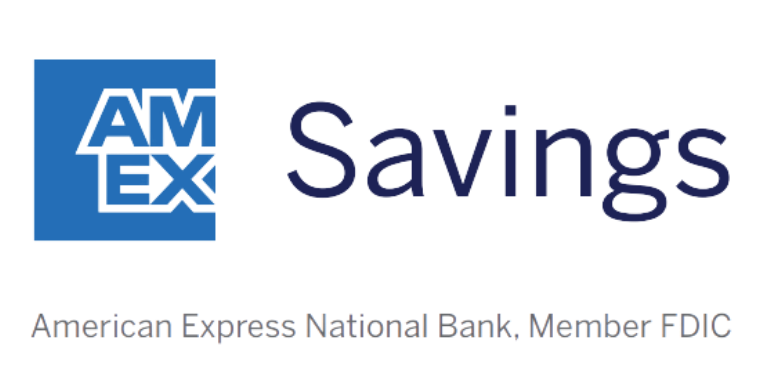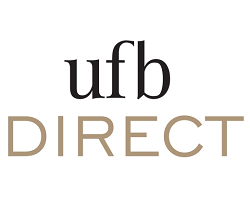A 2023 survey by SecureSave found that 63% of Americans don’t have enough money in savings to cover an unplanned $500 expense. So if you’re sitting on a savings account balance of $25,000, you’re clearly in far better financial shape than the typical U.S. consumer.
But is $25,000 an appropriate amount of money to have in a savings account? The quick answer is, it really depends.
You need to be covered for emergencies, no matter what
Believe it or not, your savings account is not the best place to sock funds away for long-term goals, like college or retirement. While savings accounts are paying generously today, the interest rates available now are not the norm. And even today’s rates pale in comparison to what you might earn with a stock portfolio.
Right now, you can earn 4.00% to 5.00% APY in a high-yield savings account, depending on where you bank. But over the past 50 years, the stock market’s average annual return has been 10%. So on a long-term basis, investing in stocks is a better choice than keeping money in the bank.
Our Picks for the Best High-Yield Savings Accounts of 2024
|
American Express® High Yield Savings 
APY 4.25%
|
APY 4.25%
|
Min. to earn $1 |
|
Western Alliance Bank High-Yield Savings Premier 
APY 5.31%
Min. to earn $500 to open, $0.01 for max APY
|
APY 5.31%
|
Min. to earn $500 to open, $0.01 for max APY |
|
UFB Secure Savings Account 
APY 5.25%
|
APY 5.25%
|
Min. to earn $0 |
However, you also need to make sure you’re keeping enough money in your savings account to protect yourself from financial emergencies. As a general rule, your emergency fund should have enough cash to cover a minimum of three months of essential bills. And financial experts will generally recommend a three- to six-month emergency fund, depending on your circumstances.
Run the numbers
So now, let’s get back to the question of whether $25,000 is too much cash to have in savings. If you live very frugally, only spending $2,000 a month on essential bills, then $25,000 is probably beyond what you need for emergency fund purposes. You can generally get away with keeping $6,000 to $12,000 for emergencies if your core expenses are limited to $2,000 a month.
On the other hand, let’s say you spend $9,000 a month on essential bills — say, because you live in a high-cost area and much of that spending is related to rent or your mortgage. In that case, $25,000 in savings actually isn’t enough. Your minimum emergency savings balance in this example should be $27,000, so you’re covered for three full months.
Base your decision on you
Having $25,000 in savings means going overboard for some people. For others, it means not having enough financial protection. So make a point to add up your essential monthly bills to see how much savings you should have. And if you have $25,000 in savings but don’t need quite that much for emergencies, consider putting your excess funds into the stock market.
Say you’re fully covered for emergencies with $18,000 in savings. If you take your remaining $7,000 and stick it into a stock portfolio that generates a yearly 10% return, in 15 years, you could end up with a little over $29,000. Even if you’re able to get a 4% return from a savings account during that time (which is unlikely, as today’s rates aren’t expected to last so much longer), that only leaves you with about $12,600 after 15 years. That’s a notable difference.
Of course, depending on your situation, $25,000 may be a totally appropriate sum of money to keep in savings. But run your own numbers to know if that’s the right call or not.
These savings accounts are FDIC insured and could earn you 14x your bank
Many people are missing out on guaranteed returns as their money languishes in a big bank savings account earning next to no interest. Our picks of the best online savings accounts could earn you 14x the national average savings account rate. Click here to uncover the best-in-class accounts that landed a spot on our short list of the best savings accounts for 2024.
